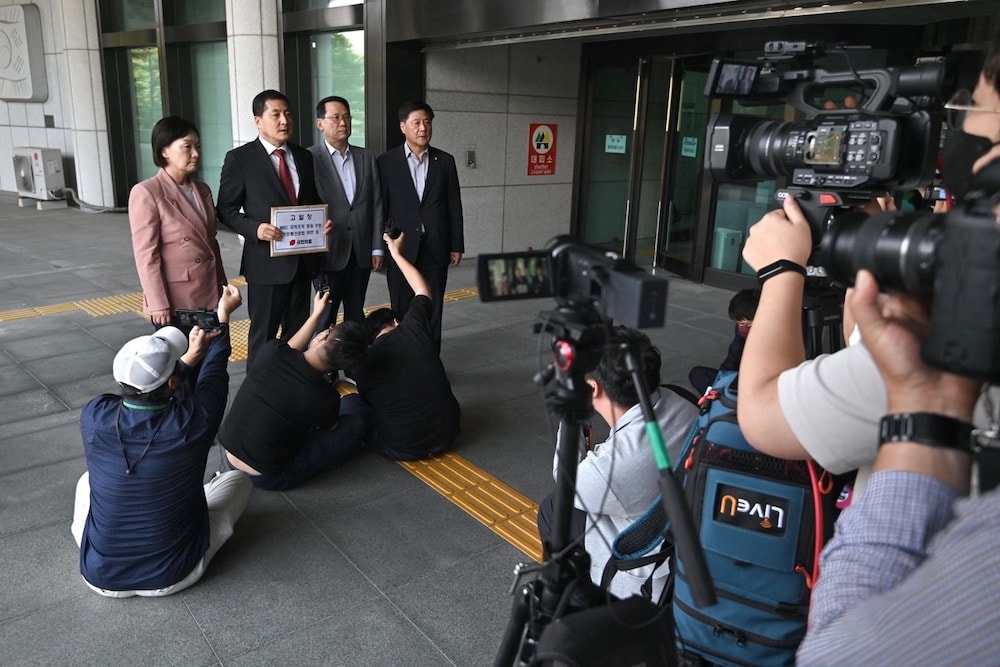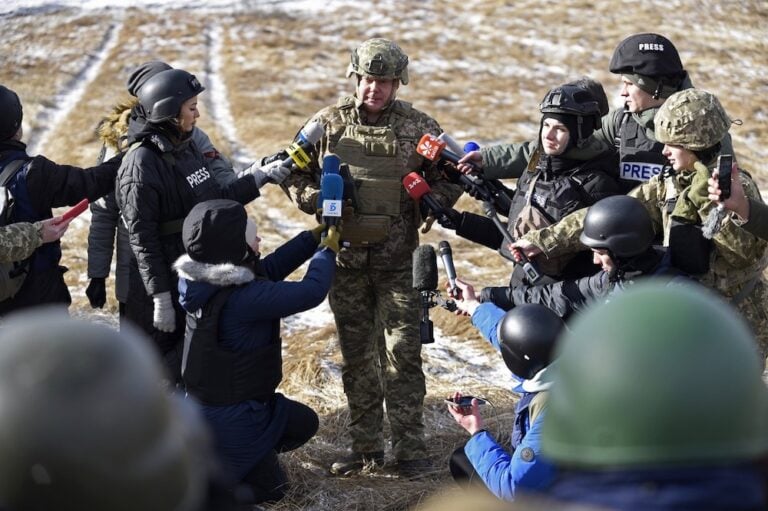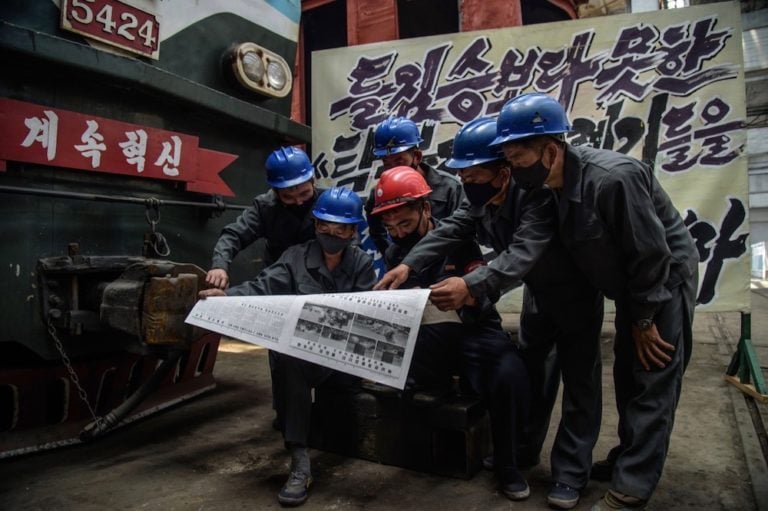South Korea's President and the ruling party have initiated several actions and "discriminatory measures" that undermine the independence and work of journalists.
This statement was originally published on rsf.org on 5 December 2022.
Reporters Without Borders (RSF) is concerned by South Korean President Yoon’s recent verbal attacks and discriminatory measures against public broadcaster MBC, which threaten the public’s right to information and encourage harassment of journalists.
Reporters Without Borders (RSF) calls on South Korean President Yoon Suk-yeol to reverse the discriminatory measures he recently took against public media group Munhwa Broadcasting Corporation (MBC), which he accuses of being politically hostile, and also urges for the reinstatement of the president’s daily meetings with the press that were recently suspended indefinitely.
On 22 September, public broadcaster MBC aired footage showing President Yoon making seemingly disrespectful comments after meeting US President Joe Biden on the sidelines of a UN General Assembly meeting. Four days later, Yoon’s office officially reproached the broadcaster for “causing serious harm to national interests.” On 9 November, the President’s office banned MBC’s journalists from boarding the presidential plane; on 20 November, it installed a wall in front of its press room, preventing reporters from spotting incoming visitors; and on 21 November it suspended the president’s near-daily media briefings after he was questioned on the MBC ban.
“Under no circumstances should a head of state decide which media can report on their activity, how they report and which questions are suitable to be asked,” says the RSF East Asia Bureau Head Cédric Alviani. “Journalists have an essential role to play in democracies and should not be blamed for asking difficult questions, as these are meant to serve the public interest.”
Legislators affiliated with Yoon’s People Power Party (PPP) also filed complaints through the Press Arbitration Commission and the Korea Communications Standards Commission, while the Seoul Metropolitan Council, also run by the president’s party, sued four of MBC’s senior executives for defamation. An MBC journalist covering the presidential office’s activities also received online death threats for which he had to be placed under police protection.
In parallel, the PPP-run Seoul Metropolitan Council also cut public funding for television and radio network Seoul Media Foundation TBS, which they accused of “bias” and “lack of fairness” in reporting.
South Korea, one of Asia’s leading democracies, ranks 43rd of 180 countries in the 2022 RSF World Press Freedom Index.



